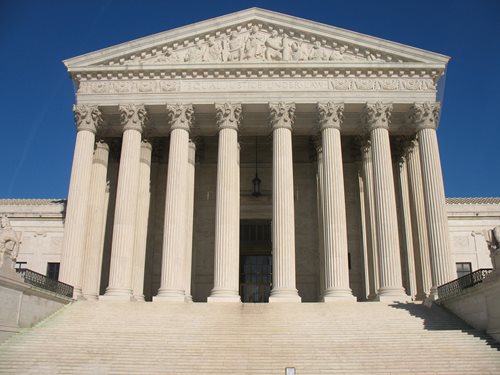News
Published on :
June 24, 2022

June 24, 2022, Alexandria, Virginia - The Council on Social Work Education (CSWE) regrets that the U.S. Supreme Court chose to remove federally protected access to reproductive and medical care by overturning Roe v. Wade on June 24, 2022.
The decision to have a child and when is a deeply personal decision made by a woman or person who can become pregnant, their trusted medical provider, and their spouses or partners as they choose. For 50 years, that decision has given women and people who can become pregnant the opportunity to decide what happens to their bodies. While they may still have some access to care they need, there will likely be restrictions coming in the months and years ahead now that states can decide what care and procedures are permitted. It is estimated that more than 20 states will soon pass laws that either ban abortion or put strict measures in place to regulate the procedure.
CSWE does not agree with the Court’s decision. Simply put, Roe v. Wade aligned with social work competencies by “ensuring dignity and respect for all” by allowing women and people who can become pregnant to make private decisions related to their health and medical needs. Accredited social work programs align their curricula to
9 competencies that prepare students to provide the best care and services for their clients and communities as practicing social workers. This decision will impact the most vulnerable people in our communities. People in states that ban abortion may be unable to afford travel or take time away from their jobs to seek the care they need, which may be medically necessary in some circumstances. Restricting or limiting the rights of any person does not align with social work values and competencies, which remain in place even as Roe is overturned.
CSWE, educators, and administrators will need to think critically about how we prepare students to connect with communities and clients now that there are no longer universal protections for women and people who can become pregnant to access the medical care they need. CSWE has concerns that students, educators, and others may even be criminalized for sharing reproductive health information as their ability to provide care to underserved people and populations will face restrictions that our society has not seen in five decades.
There are an immeasurable number of impacts that this decision will have on programs, educators, and students. It will take time to fully understand the ramifications of this decision and CSWE is committed to supporting students and educators as we process the ramifications of this decision and its impacts on social work education.
Contact: Patrick Dunne, 703-519-2057,
[email protected]

